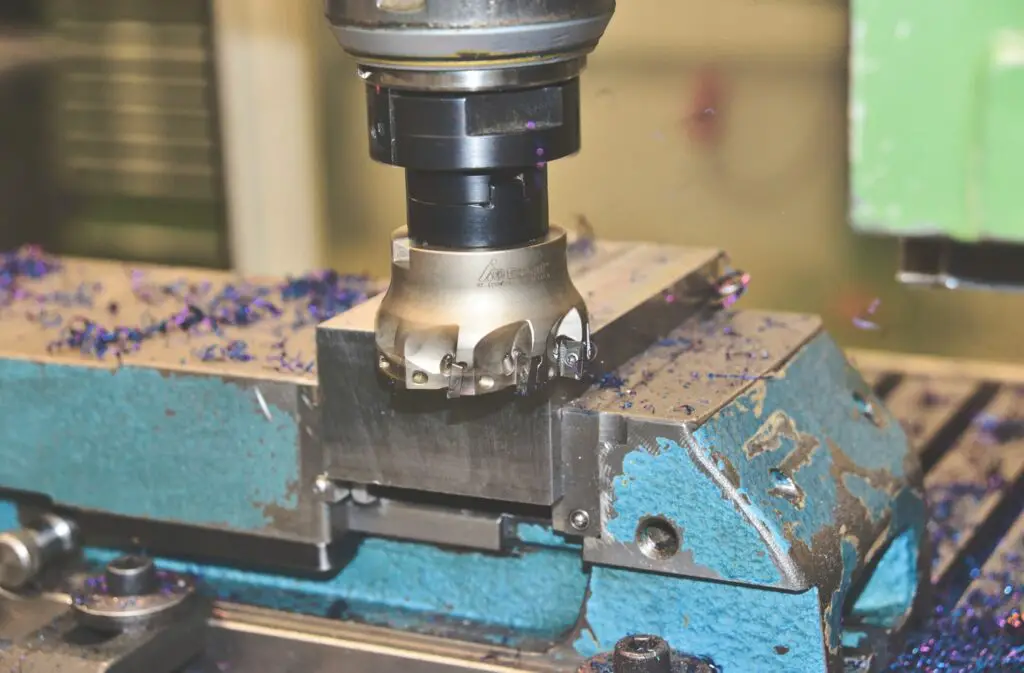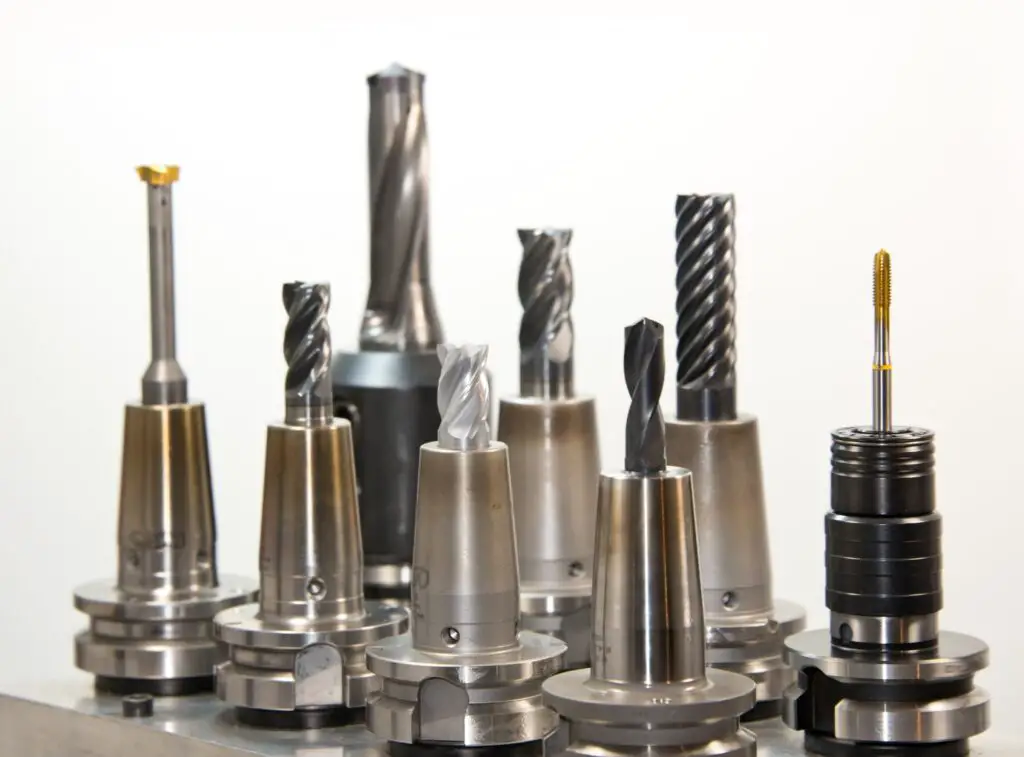The manufacturing sector is heavily dependent on CNC machines, which stand for computer numerical control. These sophisticated devices are computer-controlled and offer a level of effectiveness, precision, and consistency that would be unachievable with a human procedure.
CNC machines are widely used in all industrial sectors and works with a variety of materials, including metals, plastics, wood, glass, foam, and composites.

The Different Types of CNC Machines
The enormous range of products that can be produced using CNC machines is impressive. As a result, there are numerous distinct types of CNC machines that are often utilised.
It’s crucial to understand that these are not your typical machines. To be able to create high-quality commercial items, they need the expertise of a qualified specialist. The following machines all employ G-code, the language that a CNC machine can comprehend. Every sort of CNC machine serves a certain function.
6 Common CNC Machines
1 CNC Milling machine
A CNC mill is one of the most popular designs of CNC equipment that uses computer controls to cut various materials. The spindle can be moved in a variety of ways using precise programmes of numbers and letters that mills can translate.
Numerous operations, including face milling, shoulder milling, tapping, drilling, and turning, can be performed on a CNC mill. The majority of CNC mills have three to six axes.
In comparison to other tools, a CNC mill is enormous and can be rather expensive. Okuma, HAAS, and DMG Mori are a few producers of CNC milling machines.

2. CNC routers
A CNC router is a tool that is comparable to a CNC mill, although it is primarily used for working with softer materials and is less accurate.
The cost of CNC Routers is much lower than that of CNC Mills.
Like Us on Facebook!
While even entry-level CNC Mills can cost upwards of $10,000, professional-level CNC routers can cost less than $2,000 on average.
Subscribe Us on YouTube!
3. CNC Lathes
A lathe is a CNC device that works by rotating work items while cutting them. Using a variety of tools, CNC lathes can quickly and precisely cut materials. CNC lathes spin the workpiece at a high speed while applying a cutting tool to the surface.
4. CNC Plasma-Cutting Machine
This equipment also cuts materials, but instead of using a rotary tool to cut into 2D metal sheets or wood, it controls a powerful flame using a computer. With temperatures approaching 50,000 degrees Fahrenheit, the torch is powerful enough to easily burn through solid metal.
CNC plasma cutting is frequently used by manufacturers in welders, auto mechanics, and industrial building facilities.
5. CNC Electric Discharge Machine
Electric discharge machining, or EDM for short, is the process of employing electrical discharges, or sparks, to shape a particular piece of material.
By repeatedly electrically discharging between two electrodes, this procedure removes material from a particular work item. A dielectric fluid, which frequently receives an electric voltage, separates these electrodes. This machine estimates how much electrical discharge each electrode must produce once the material is sandwiched between two electrodes.
6. CNC Water Jet Cutters
A CNC water jet cutter, as the name suggests, pierces materials with high-pressure jets of water (or a solution of water and an abrasive material). To produce the desired completed product, computer numerical control technology directs the water jet’s sequence of action.















